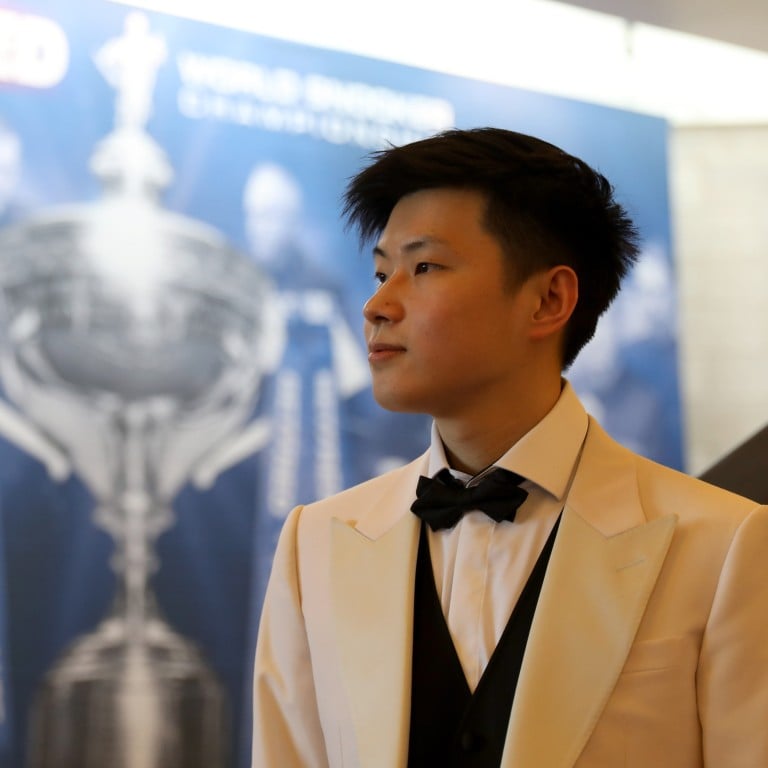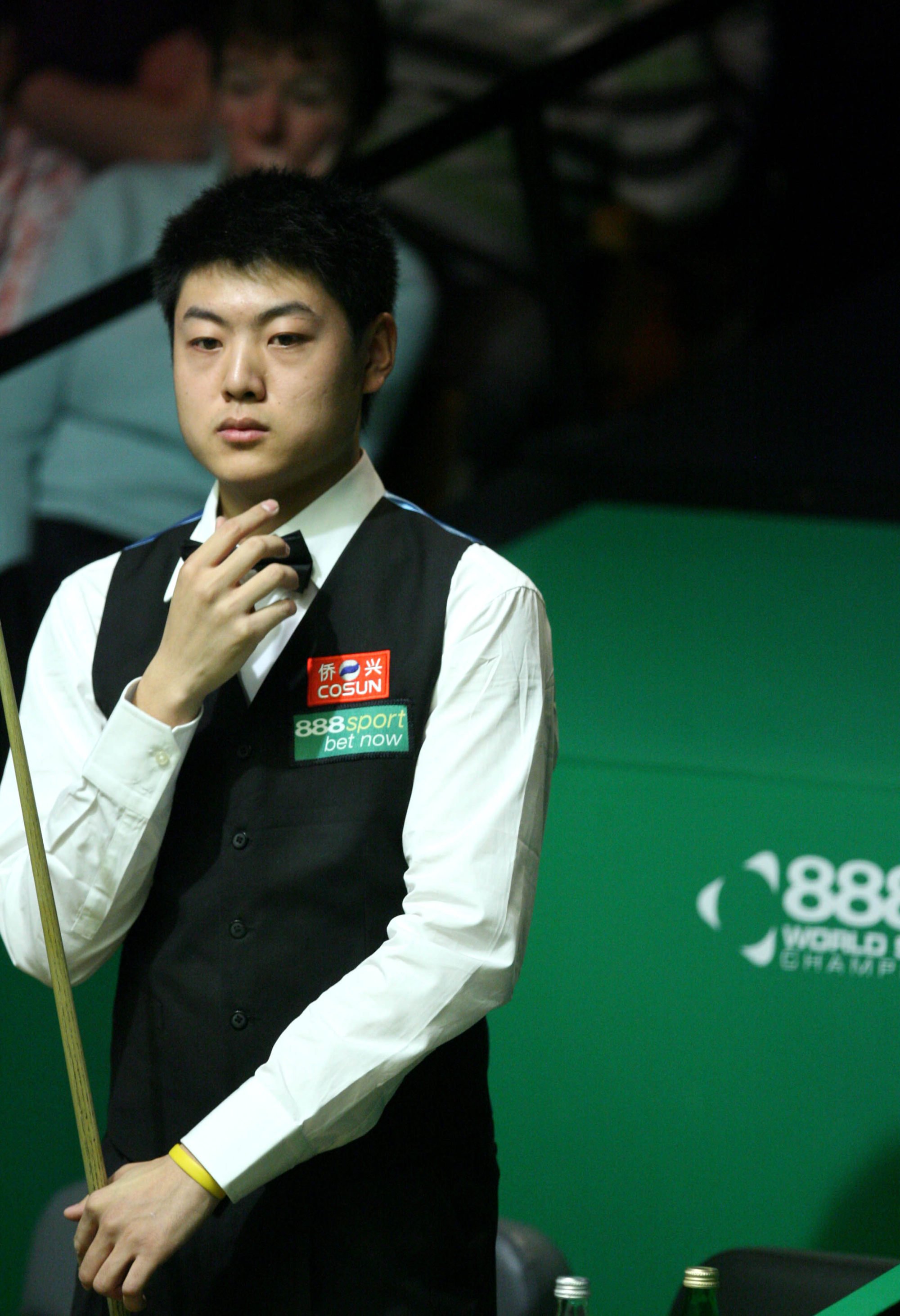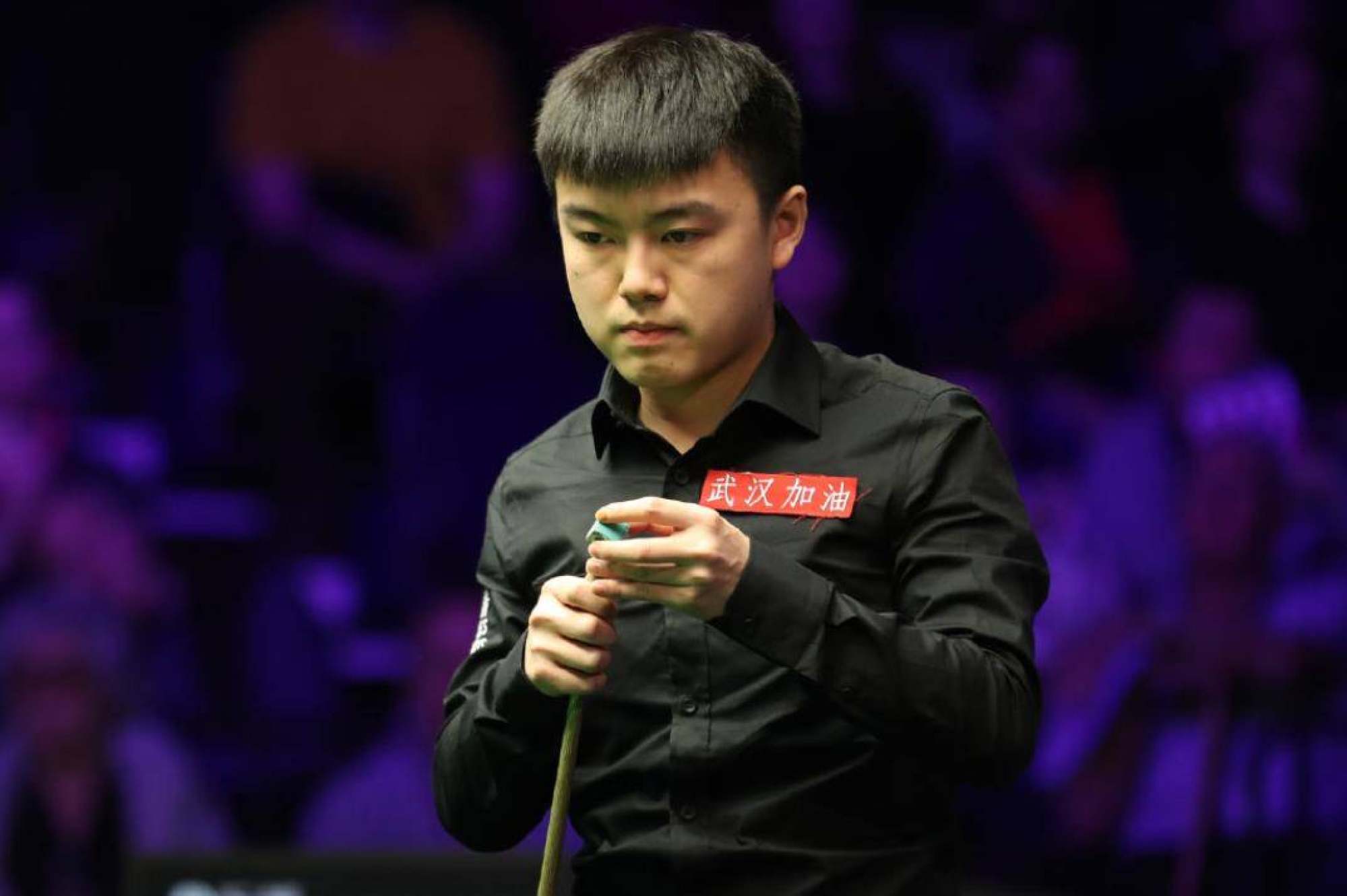
Chinese snooker match fixing: Zhao Xintong ‘tried to talk Yan Bingtao out of cheating’, amid toxic gambling and bullying
- Liang Wenbo coerced young players to rig matches, while they could go to ‘elder brother’ Li Hang if they wished to bet or get involved in fixing, panel finds
- Zhao tried to dissuade Yan from fixing, only to become a party to it, verdict reveals after both are banned along with eight other Chinese players
The full verdict from the investigation, released on Tuesday and announcing life bans for Liang Wenbo and Li Hang as well as a five-year suspension for Yan Bingtao, laid bare the dynamic that led the 10 into corruption, a toxic mix of isolation, mutual reliance, recreational gambling and bullying.
Yan was only 16 when he first fixed a match. By 20, he was the youngest to win the Masters in 26 years. It will be 2027 before he can play again.
Examined during the hearing in London was Zhao Xintong’s fateful decision to go along with his long-time friend Yan’s attempt to fix two matches last year.

Zhao – a former UK champion and the only player charged who had not fixed a match himself – received the lightest sanction, of one year and eight months.
“His involvement was limited to placing bets for Yan through Li, whereby he became liable as a party to the two match fixes,” the verdict stated. “He attempted to dissuade Yan from match-fixing on both occasions, with no success.”
Zhao placed the bets via Li because he did not have his own betting account.
The verdict detailed the interactions between senior players and younger compatriots who were struggling to adapt to a lonely life in the UK. They were “heavily reliant on each other socially and financially”, especially when Covid-19 prevented them visiting China. Several lived together.
Added to “ill-judged gambling habits”, the younger ones were left “particularly susceptible to influence and manipulation from the older Chinese players”.
Li, “a good poker player”, was viewed as “an elder brother”. It was known that the others could “go to Li if they wished to place a bet … or get involved in match-fixing”.
Three of the sanctioned 10 – Zhao Jianbo, Chang Bingyu and Bai Langning, all aged 18 to 20 at the time – were described as “young and impressionable and under the influence of Liang and Li”.
Which snooker players were banned for match fixing, and for how long?
It was concluded that Chang would in all probability not have fixed matches were he not scared of Liang, who coerced him into it and threatened him afterwards.
Last December, Chang posted on Weibo that Liang had made the threats, before deleting the claim.
The hearing was littered with accounts of WeChat and WhatsApp messages about fixing sent by Liang, who the panel concluded “reached out over time to a large number of Chinese players to solicit or induce”.
During a game of cards last September, Lu Ning – described as “a compulsive gambler” – was approached by Liang to fix a match, with the context that Liang owed Lu money. Lu declined.

Lu had, however, already fixed matches. The panel noted that these occurred when he was aged 20, and the only instance since then had come during the pandemic, when “many Chinese players, including Lu, were experiencing financial difficulty”.
Also owed money by Liang was Zhang Jiankang, who would visit a casino with Li and use his account to bet on football.
The verdict singled out Liang for his “particularly disgraceful” coercive behaviour.
Li, meanwhile, used his status as an older, established player to befriend vulnerable colleagues and “entice them into match-fixing for his own financial ends”.

